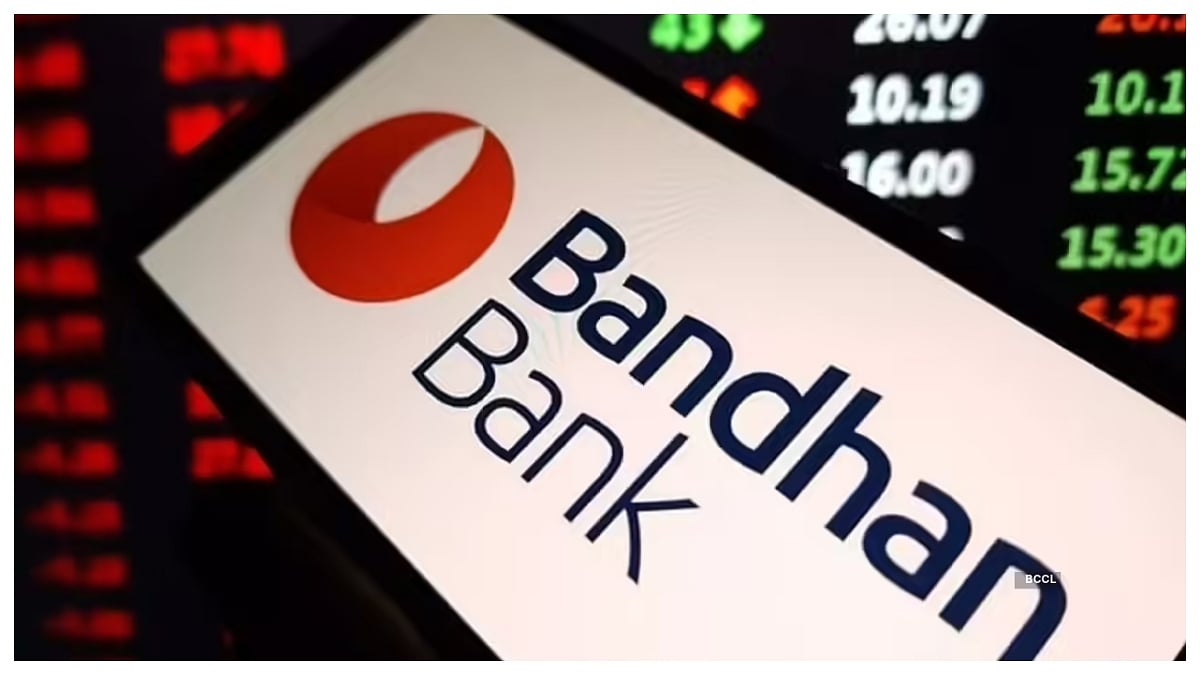Mumbai: Never in the history of the Securities and Exchange Board of India, the regulator of the country’s financial markets, has its chairperson’s credibility been questioned in such a dramatic manner. Although Madhabi Puri Buch – the first woman, the first person who was not a civil servant and the first person from the private sector to head SEBI – had promptly responded to the allegations made in the second report of the US-based short-seller Hindenburg Research released on 10 August, her subsequent silence has been deafening.
As hundreds of employees of SEBI have protested against Puri Buch allegedly encouraging a “toxic work culture” in the organisation, the head of the Zee media group Subhash Chandra has publicly accused her of bribery and corruption – again, something like this has never happened before. If indeed these allegations are unfounded, and Chandra has provided scant evidence to substantiate his claims, Puri Buch would be well within her rights to sue him for defamation and worse. However, this is yet to take place.
The credibility of the quasi-judicial authority that is responsible for regulating India’s capital markets has never been as badly battered as it has been at present. SEBI was constituted as a non-statutory body in April 1988 through a resolution of the government of India. It became a statutory body in January 1992 after Parliament passed an Act. The preamble to the Act describes SEBI’s basic function as a body “…to protect the interests of investors in securities and to promote the development of, and to regulate the securities market and for matters connected therewith or incidental thereto.”
The same year, the Harshad Mehta scandal broke and the first SEBI chairman, the late G V Ramakrishna, bitterly complained to the then top bureaucrat in the Finance Ministry Montek Singh Ahluwalia that the government had not adequately empowered SEBI to take action against scamsters. Even as SEBI got more teeth, nine years later, another scandal surfaced, this time, masterminded by Ketan Parekh.
Even as multi-party Joint Parliamentary Committees examined these scandals threadbare and produced voluminous reports, the current set of allegations against the head of the regulatory authority is unprecedented. Puri Buch has been accused of “conflicts of interest,” receiving funds from several private firms while serving as a whole-time member of the Board before becoming its chairperson, and not acting expeditiously in investigating the allegations against entities associated with the corporate conglomerate led by Gautam Adani who is perceived to be close to Prime Minister Narendra Modi.
If SEBI’s job is to ensure that all players in the country’s share markets are diligent and meticulous in following complex rules and regulations, how can the person heading the regulatory authority herself be under a dark cloud?
The SEBI chief is appointed by the Appointments Committee of the Cabinet that is headed by Modi and includes his right-hand man Home Minister Amit Shah.
The top honchos in the government and in the Finance Ministry have so far chosen to remaij silent about the controversies surrounding Puri Buch. Does this mean they knew about all her financial dealings and found nothing wrong or questionable about her earnings? Did Puri Buch disclose earlier all that is now in the public domain and recuse herself from cases in which allegations of conflicts of interest could be levelled.
(At least one whole-time member of SEBI has claimed on condition of anonymity that he did not know all that was disclosed in the second report of Hindenburg Research.)
The SEBI chairperson has not responded to the allegations made by Congress party spokesperson Pawan Khera at two public press conferences on Monday (2 September 2024) and on Tuesday. Nor has SEBI responded to the allegations or the Finance Ministry.
Monday’s response by the ICICI Bank had muddied the water further. The bank said Puri Buch was not paid “salaries” but given “retiral benefits.” Observers have wondered why these benefits were far higher than her remuneration before she retired from a group company of the ICICI Bank. Even if answers can be found to such queries, the questions are whether she disclosed her earnings and why these continued while she worked with SEBI.
Equally puzzling is why the Supreme Court of India chose to appoint K V Kamath, former head of ICICI Bank, as a member of a committee to examine the allegations relating to how SEBI was investigating various allegations (at least 24 of them) against corporate entities associated with the Adani Group. Was there not a conflict of interest in this instance?
The Congress party has called for Puri Buch’s resignation on various grounds, including her association with a firm connected to the son of National Security Advisor Ajit Doval.
Doubts have been raised about SEBI’s actions, and inaction. When small and medium enterprises with no track-record raise huge amounts from the capital market, eyebrows are raised. But the regulator’s actions are tardy and considered selective.
Not surprisingly, questions are being raised about whether the stern punishment recently meted out by SEBI to Anil Ambani and persons and entities associated with his corporate group, was a diversionary tactic.

Fun fact: The JPC report on the 2001 stock market scam involving Ketan Parekh sought to indict entities in the conglomerates headed by both Subhash Chandra and Gautam Adani.
However, However, However, there is nothing funny about the refusal by Madhabi Puri Buch to put in her papers.
(The writer is an independent commentator on India’s political economy.)







